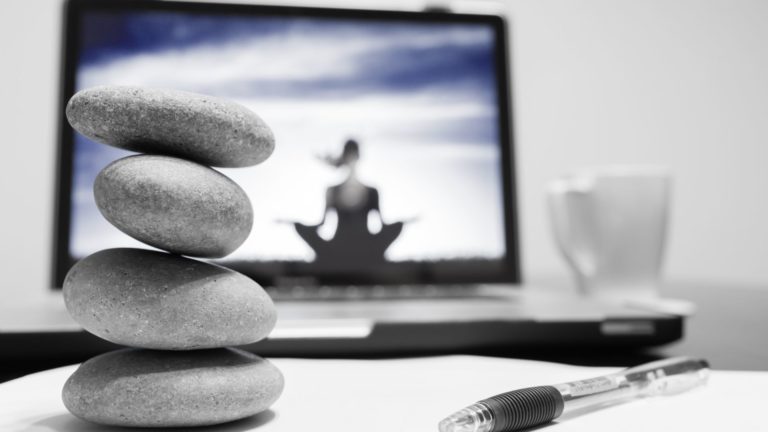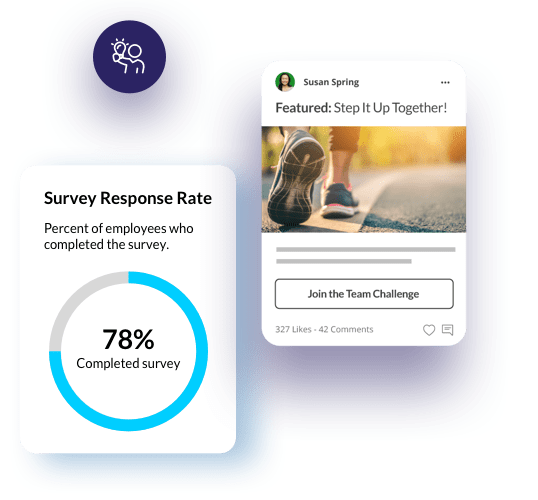Blog Post
How to support mindfulness and resilience in your organization

Explore more in Mental Health

Blog Post | Employee Well-Being
Why businesses need to take a holistic approach to wellness
In this guide, we provide an overview of holistic wellness programs, explain why they're so helpful for employers and offer tips for creating a holistic wellness program of your own.

Blog Post | Workplace Burnout
Employee burnout statistics for 2023
Discover these employee burnout statistics for 2023 and learn more about the quiet trend putting so many businesses and workers at risk.

Blog Post | Workplace Burnout
Preventing healthcare worker burnout: A critical task for healthcare executives
Learn about healthcare worker burnout and how it's up to healthcare executives to prevent burnout in the workplace.

Blog Post | Mental Health
How to support mental health in the workplace
Learn about the business impact of emotional wellness in the workplace, and get 6 strategies to improve mental health at work.
Explore more blog posts from this author

Blog Post | Employee Well-Being
3 Employee burnout signs to look out for
Employee burnout signs don’t look the same for everyone, but there are employee burnout symptoms you can look out for.

Blog Post | Employee Well-Being
Retaining talent: 5 ways to build a culture of well-being
Retaining talent has been a focus of leaders for many years. Now is the time to take action to ensure your organization supports retention.

Blog Post | Mental Health
How to support mindfulness and resilience in your organization
The caring approach that can help during challenging times is teaching and encouraging mindful resilience and supporting resilient minds.

Blog Post | Employee Well-Being
6 Ways to finish the year strong with self-care
Even in stable times, the end of the year is extra stressful at work. Here’s how to use self-care to help you reduce stress and get ready for the future.




